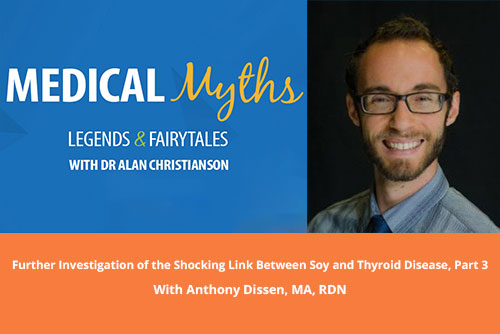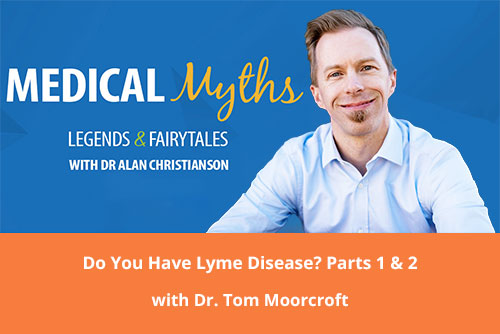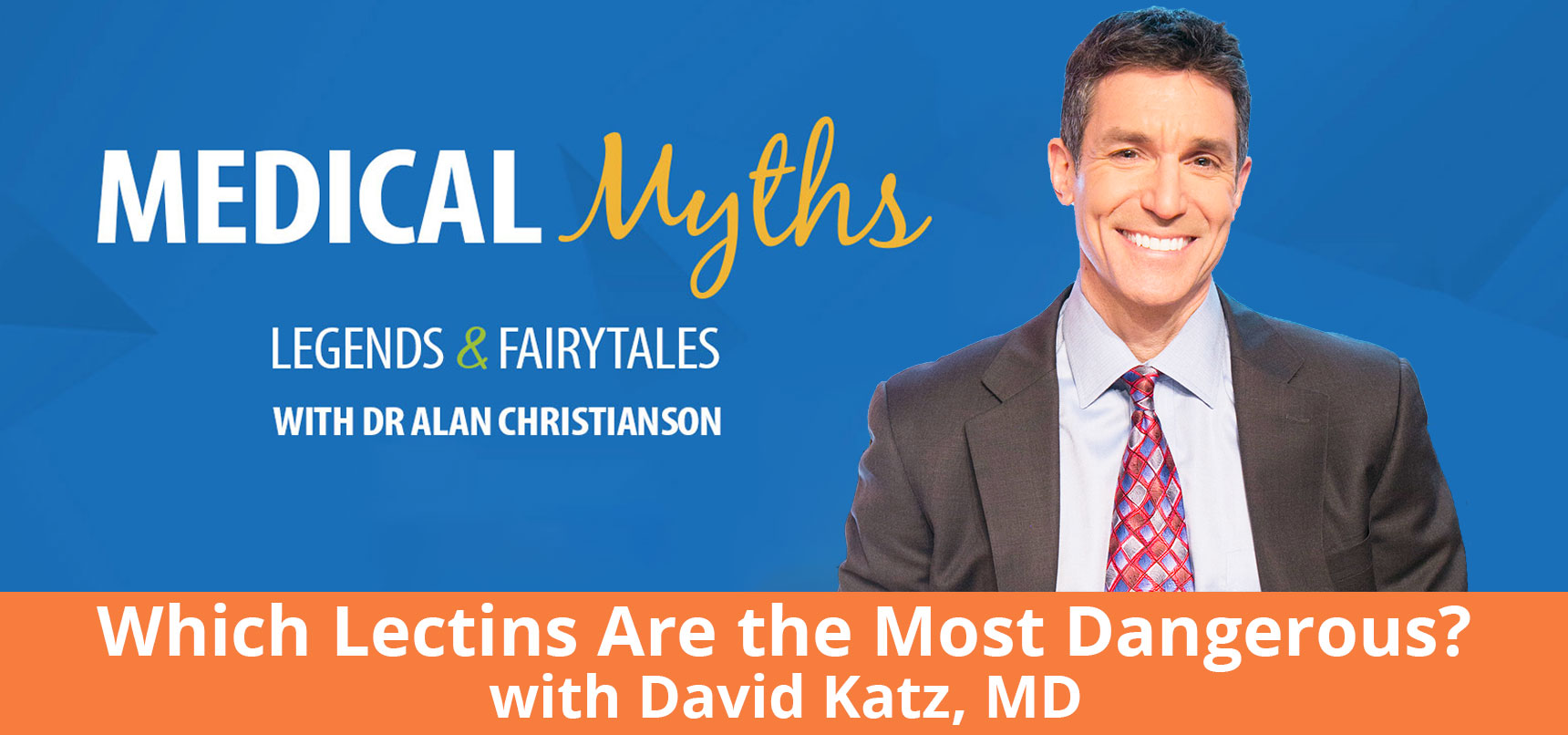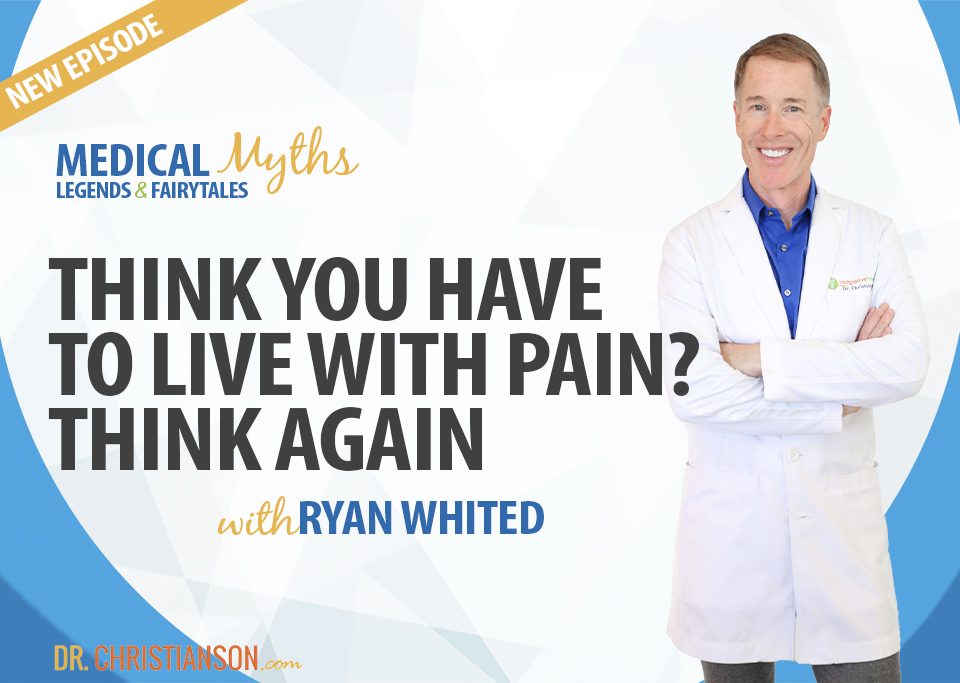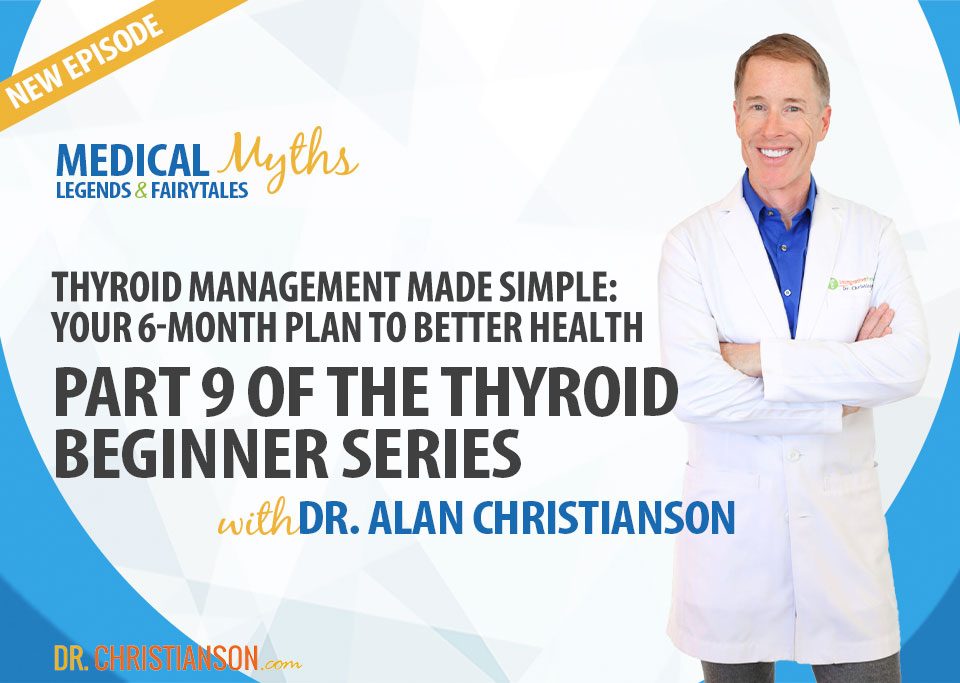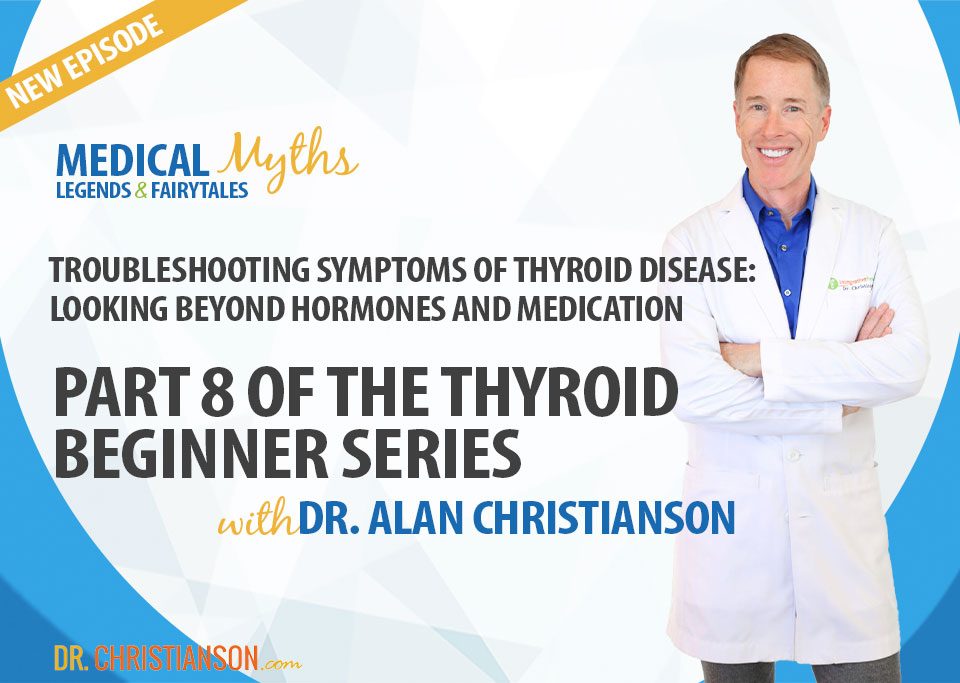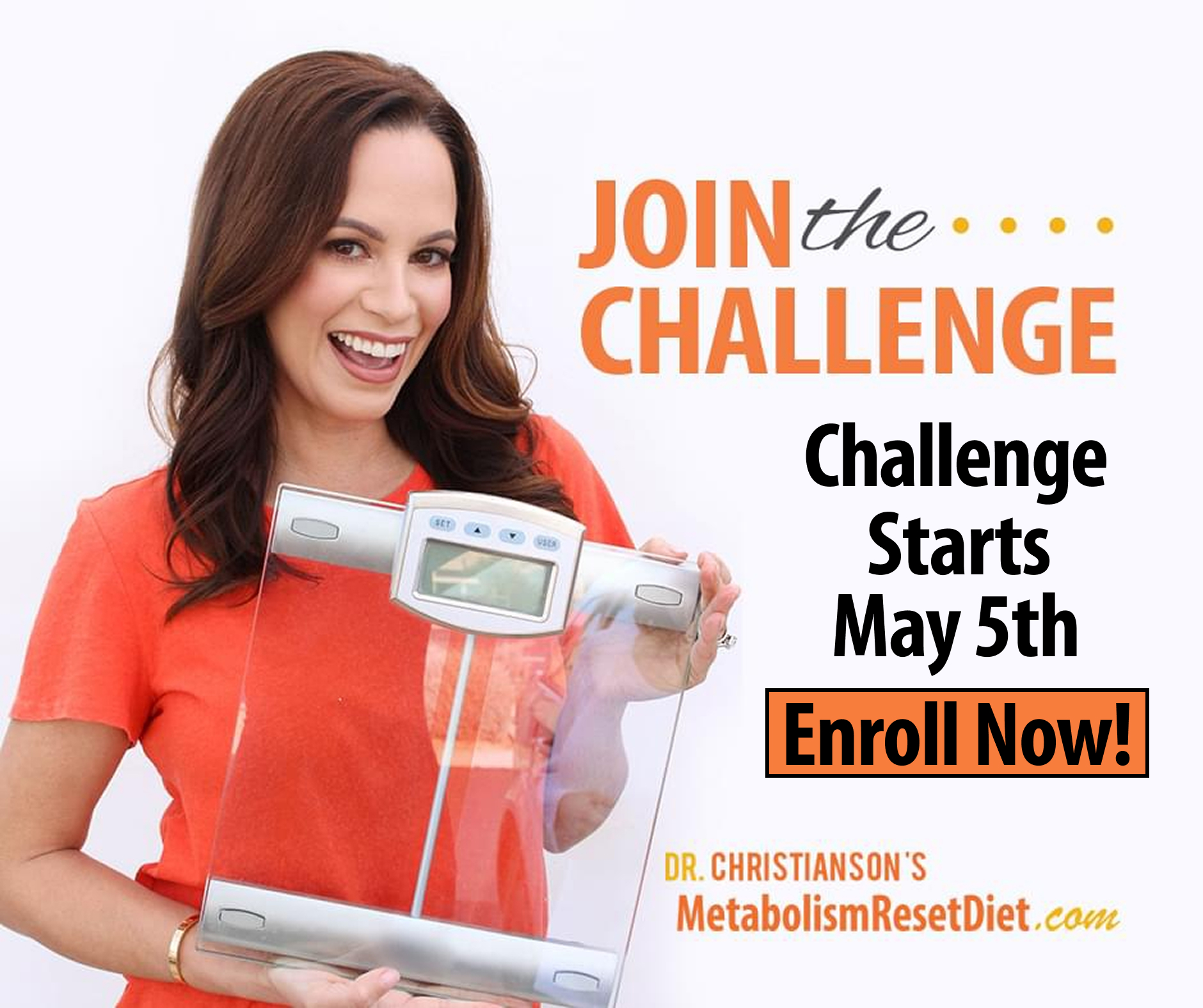Which Lectins Are the Most Dangerous? with David Katz, MD
Description: Between the latest online fads and the crazy media headlines, it’s easier than ever to get confused about your health. If you want to make better decisions about your health today so you can feel better and live longer, you’ve come to the right place.
On this episode we’re discussing lectins, the naturally occurring proteins that are found in most plants. Are they dangerous? Which ones are the most dangerous? What do you do about high lectin foods that are otherwise healthy? Lectins are a hot topic in today’s health conversations and the research seems to be both confusing and inconclusive. Joining me to break down this controversial topic is Dr. David Katz, author and founder of the Preventive Research Center. He has a strong background in public health and a solid understanding of how to weigh medical evidence accurately. He has joined me today to share his research-based opinions about the benefits and risks of keeping lectins in your diet.
In addition to our conversation about lectins we are going even deeper to look at the crucial importance of valuing research over opinion, the danger of allowing science to overcome common sense. We take a look at the benefits and risks of following current fad diets and the long-term implications of the clean meat movement. Dr. Katz also shares some insights into the books, initiatives and apps that he has developed to encourage greater health today. This conversation is about so much more than just lectins — it’s about the long-term effects of the health decisions that you make every day, and how you can know that you’re making the best decisions that will add years to your health and health to your years.
Key Takeaways:
[:35] Today’s topic is lectins — exactly how dangerous they are and what you should do about them in your diet.
[1:55] Introducing David Katz, who offers an overview of lectins and where you can find them in your diet.
[4:20] Looking at lectins with logic — research has proven that people who eat more legumes, fruits, vegetables, and grains have better health than those who don’t.
[8:00] Lectin research and data that has been gathered has shown that lectins can bind red blood cells and slow the effects of cancer.
[10:37] An overview of Dr. Katz’s new book The Truth About Food includes an in-depth look at the benefits and risks of lectins in your diet.
[15:11] The importance of applying a fine lens filter when considering the benefit-to-risk ratio of any medical decision.
[16:17] Dr. Katz’s five quantitative approaches to decision-making CARE — clinical applications of research evidence — include efficacy, safety, quality, what else is there for this condition? And patient preference.
[20:12] Similarities between the Gundry lectin study and the parachute study and why you should be leery of both.
[26:02] Why have food and nutrition succumbed to dogma and the domains of science? Consider the benefits reaped by big food, big pharma, big media, and big publishing companies.
[32:12] The modern day threats to our hard-wired brains are coming at us in slow motion and with long- term effects.
[34:50] What does the ketogenic diet have in common with cholera and a cocaine binge? They can all help you lose weight quickly with no regard to long-term health goals.
[38:42] Natural science and the importance of being both responsible about the use of scientific evidence and responsive to patient needs when evidence is lacking.
[40:51] Why the things that matter most will never be proven in RCTs, hierarchies of evidence, and how to understand what is true.
[44:17] The usefulness of evidence threshold pathway mapping and the ultimate purpose that it serves.
[46:15] Dr. Katz shares his opinion on the clean meat movement, from intake levels and sustainability to exploring meat alternatives.
[49:47] What are the health effects of clean meat foods and what is the net environmental impact of producing synthetic meats?
[51:23] Dr. Katz introduces Diet ID, a diet mapping app that captures the overall footprint and assessment of a diet.
[55:29] Wrapping up the questions that we have discussed on this episode and the value of research that will give us the answers we need.
[1:02:27] Do you have a topic you’d like me to cover? Contact me on Facebook or Instagram using #medicalmyths.
To learn more:
www.drchristianson.com
Dr. Christianson on Instagram
Dr. Christianson on Facebook
Integrative Healthcare
David Katz, MD
The Truth About Food: Why Pandas Eat Bamboo and People Get Bamboozled by David Katz
Salt, Sugar, Fat: How the Food Giants Have Hooked Us by Michael Moss
“The Extraordinary Science of Addictive Junk Food” by Michael Moss
Diet ID
True Health Initiative
Tweetables:
“Everything in medical decision making is about the benefit-to-risk ratio — the less certain you are about the benefit the more certain you need to be about a very low risk to justify it.” — David Katz
“Science is the most powerful means ever devised to answer questions that our native perceptions can’t
answer.” — David Katz
“Somewhere we have surrendered sense and adopt the notion that short-term outcomes are commensurate with long-term health goals, but they’re not.” — David Katz
“The popular diet of our day is telling people to do the opposite of what we know to be good for lasting health, and what is crucial for the planet, and that is just tragic.” — David Katz
“Science is a powerful means for answering questions, but whether we ask good or bad questions in the first place derives from sense.” — David Katz
“We have to start treating health with at least as much respect as our society pays to wealth because there is no wealth that matters in the absence of health.” — David Katz


